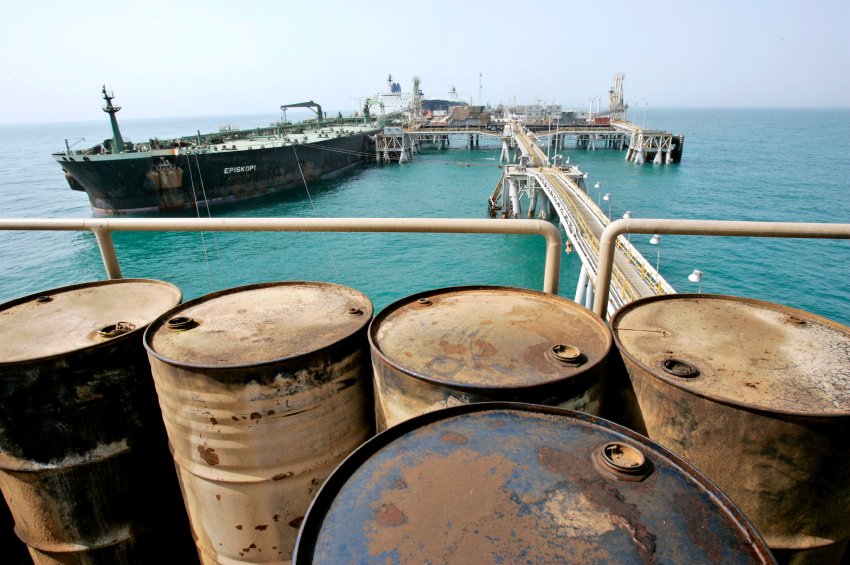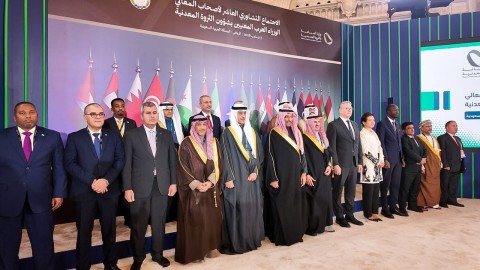As Saudi Arabia leads three other Arab nations in accusing Qatar of links to terror groups and being too close to Iran, one thing is becoming increasingly clear in the oil market, tensions have yet to reach a point where the world’s biggest crude exporter is disrupting its tiny neighbor’s shipments, Bloomberg said.
The number of tankers that are filling with Qatari crude along with that of Saudi Arabia or the United Arab Emirates actually increased since tensions escalated on June 5, according to ship-tracking data compiled by Bloomberg for the 25 days before and after that date.
The three countries’ joint loadings of crude remain largely unaffected since the dispute that broke out June 5. Since then, 17 tankers have loaded crude in Qatar and either Saudi Arabia or the UAE, or both. There were 16 over an equal period before June 5, World Oil informed.
Saudi Arabia, UAE, Bahrain and Egypt moved to isolate Qatar over its alleged support for terror groups and ties with Iran. Port authorities in Saudi Arabia and UAE initially appeared to restrict the movement of ships to and from Qatar.
The spat hasn’t affected oil prices. Brent crude, the global benchmark, slipped into a bear market earlier this month and is now trading near $47.80 a barrel, which is around 3.4% below its close on June 5.
Since that date, vessels including the Apollo Dream, DHT Redwood and Maran Carina have co-loaded in Qatar and both Saudi Arabia and the UAE. Others, like the DHT Falcon, have loaded in only Saudi Arabia and Qatar, while tankers including the Takamine, have taken on crude in UAE and Qatar.








